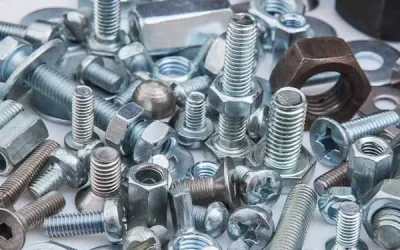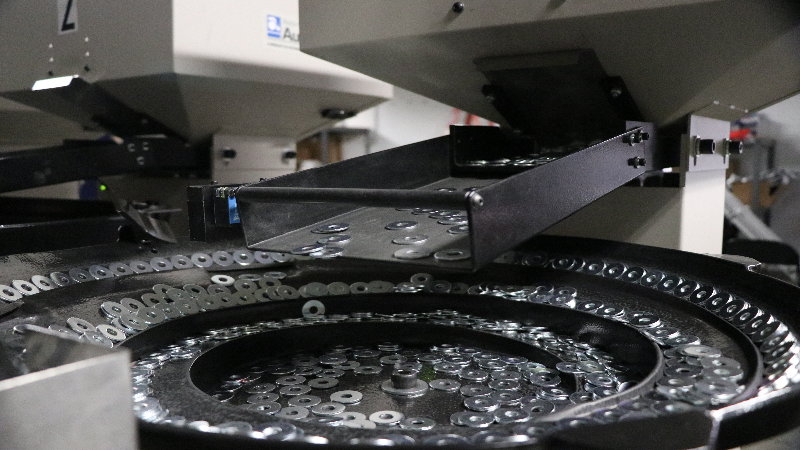Fasteners are indispensable in the modern world. Without them, many things that make life easier would be impossible. As a result, many fastener materials are available to suit almost any need or requirement. They can be found in so many different forms and sizes that it can sometimes be difficult to know where to begin looking. This article will explore three fastener material specifications to consider before choosing the right one for you.
Corrosion-Resistant Metal
Although a strong selection of fasteners is available, not all are equally resistant to corrosion. The most common types of fasteners are made from steel and stainless steel. Steel is the most commonly used material, and it’s fairly easy to find in a wide range of shapes and sizes. It’s also relatively inexpensive, making it an attractive choice for many applications. Stainless steel is less common but can be found in a similar variety of shapes and sizes. Stainless steel offers several advantages over steel, including better resistance to rust and corrosion and improved sturdiness. Both metals can be found in the same finishes, so they’re equally easy to match your project’s aesthetics.
Roughness
The next fastener material specification you might consider when choosing the right metal for your project is its finish or surface texture. This can vary greatly based on what you’re using it for – for example, a smooth finish will be more effective when using screws than one with rough edges would be when using nails.
Strength
The final aspect of metal fasteners is the amount of strength they offer. This is measured in pounds per square inch. The higher the PSI rating, the more sturdiness your metal fasteners will have. For example, galvanized screws are extremely strong and hold up to hundreds of pounds. Nails are weaker and will only be able to put up with a few pounds before they begin to bend or break.



